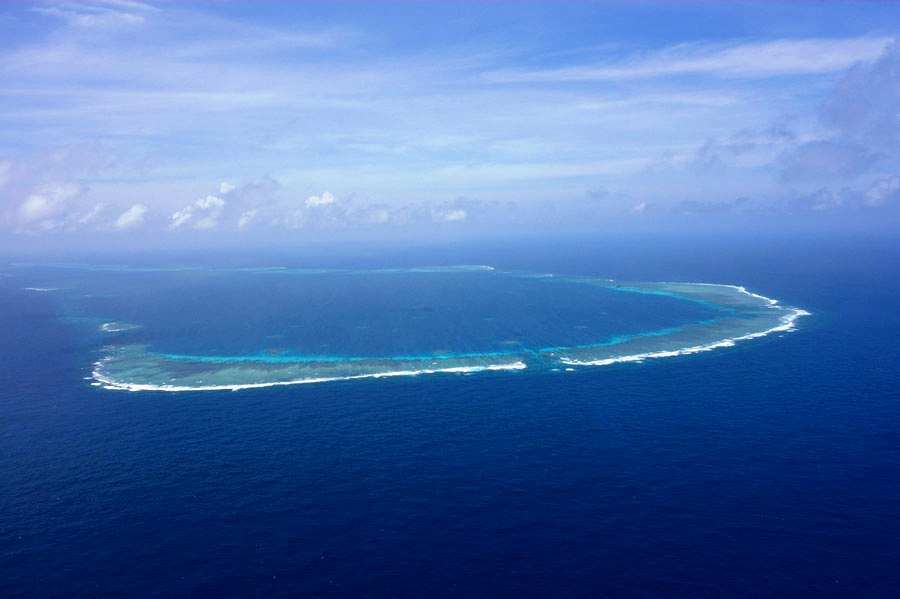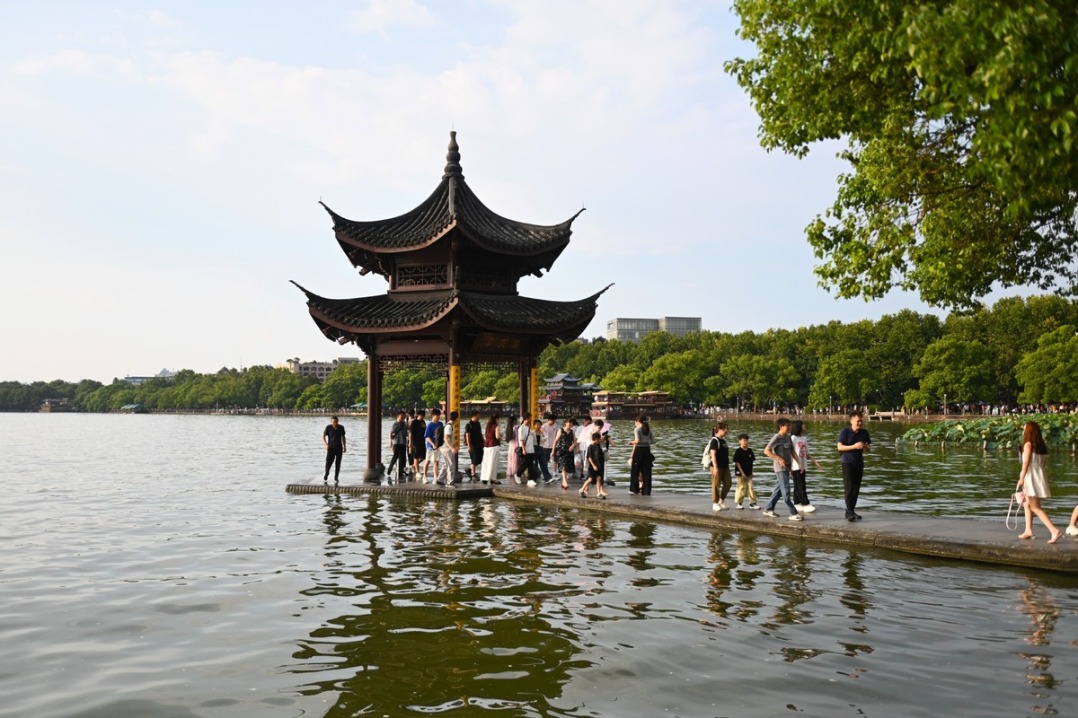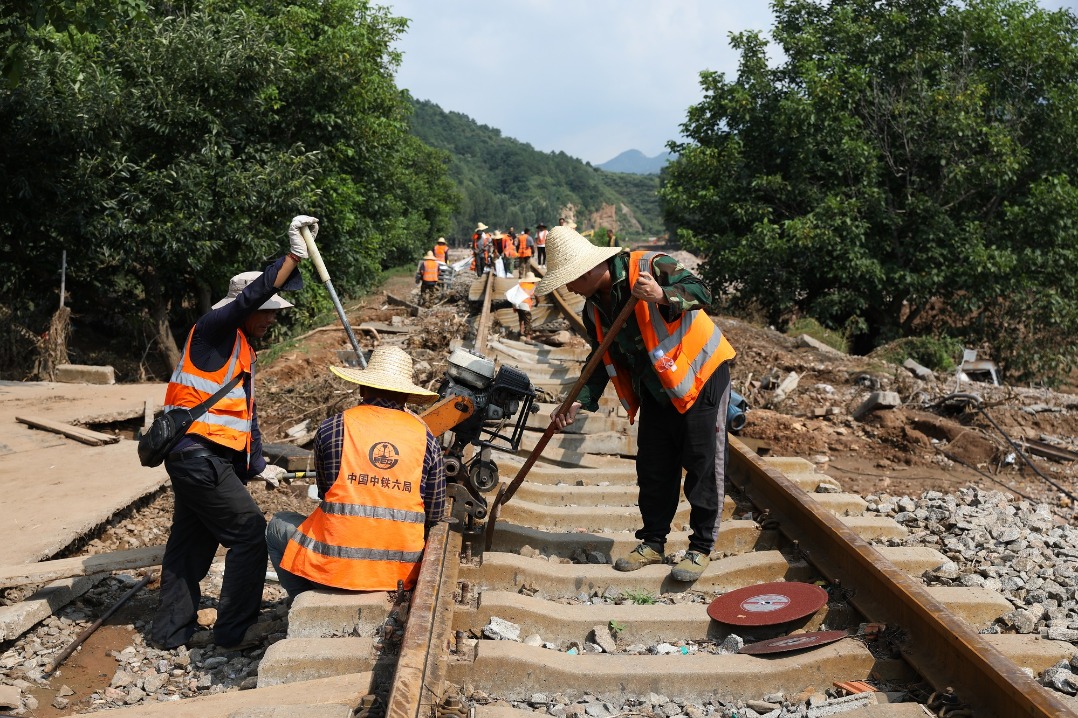Manila fueling tensions with its solicitations: China Daily editorial


That the Philippines and India have staged joint naval exercises in the South China Sea is further proof that Manila continues to draw in extraregional countries that are not parties to the South China Sea disputes in a bid to bolster its gratuitous claims. Such solicitations pose a threat to regional peace and stability.
The high-profile military drills and patrols, the first between the two countries since 2021, were conducted on Sunday and Monday in disputed waters. The Associated Press reported that Chief of Staff of the Philippine Armed Forces Romeo Brawner Jr expressed hopes that Filipino forces could conduct more joint maneuvers with India's military in the future.
Manila should bear in mind the risks before inviting other countries to interfere in the South China Sea disputes. Inviting countries from outside the region to conduct patrols in disputed waters is clearly a blatant provocation that only stokes tensions in the waters.
This is not the first time that Manila has enlisted support from other countries to meddle in the South China Sea issue. In recent years, it has not only intensified "defense" cooperation with its military ally the United States, serving as a bridgehead for the US' "Indo-Pacific" strategy, but also conducted military exercises with both the US and a few other Western countries.
Supplementary to these incitements, Manila has also peddled a false narrative intended to mislead the international community by portraying the Philippines as a victim of China's "bullying". Its accusations against China have seriously distorted the reality of China's cooperation with Asia-Pacific countries, including the Philippines itself.
But by playing such dirty tricks, Manila only exposes its true nature as a troublemaker in the region.
As for India, to expand its political, economic and military presence in Southeast Asia, it is stepping up efforts to enhance cooperation in diplomatic and military areas with claimant countries such as the Philippines, a trend China will need to keep a close eye on.
It should go without saying that activities conducted by countries in the South China Sea should adhere to international law and the spirit of the Declaration on the Conduct of Parties in the South China Sea, and must not target third countries and jeopardize regional peace and stability.
Yet, what the Philippines and the external opportunists have been doing in staging frequent infringements and provocations in the waters constitutes blatant violations of both international law and the DOC. Their collusion that disrupts peace and stability in the South China Sea will ultimately backfire.
Those acting as others' chess pieces are bound to be discarded when no longer considered useful.
As a responsible country, China is constantly working with regional countries to uphold peace and stability in the South China Sea. But it will not back off from maintaining its territorial sovereignty and maritime rights and interests. It will not be daunted by such provocative behavior, or shows of force.
Forging Ahead, a five-episode documentary series on China's military development is currently airing on China Central Television. It offers a picture of the modernization journey of the People's Liberation Army, showcasing its enhanced combat capabilities.
This military development is not driven by a desire for "expansion" or "confrontation" but by its commitment to safeguarding national sovereignty and territorial integrity.
China and the Association of Southeast Asian Nations are quickening their steps to advance the regional consultations on the Code of Conduct in the South China Sea. Manila should stop betting on the support of outsiders for its unjustified claims and join hands with countries in the region to strengthen dialogue and eliminate external interference so as to reach an early conclusion of the COC.

































